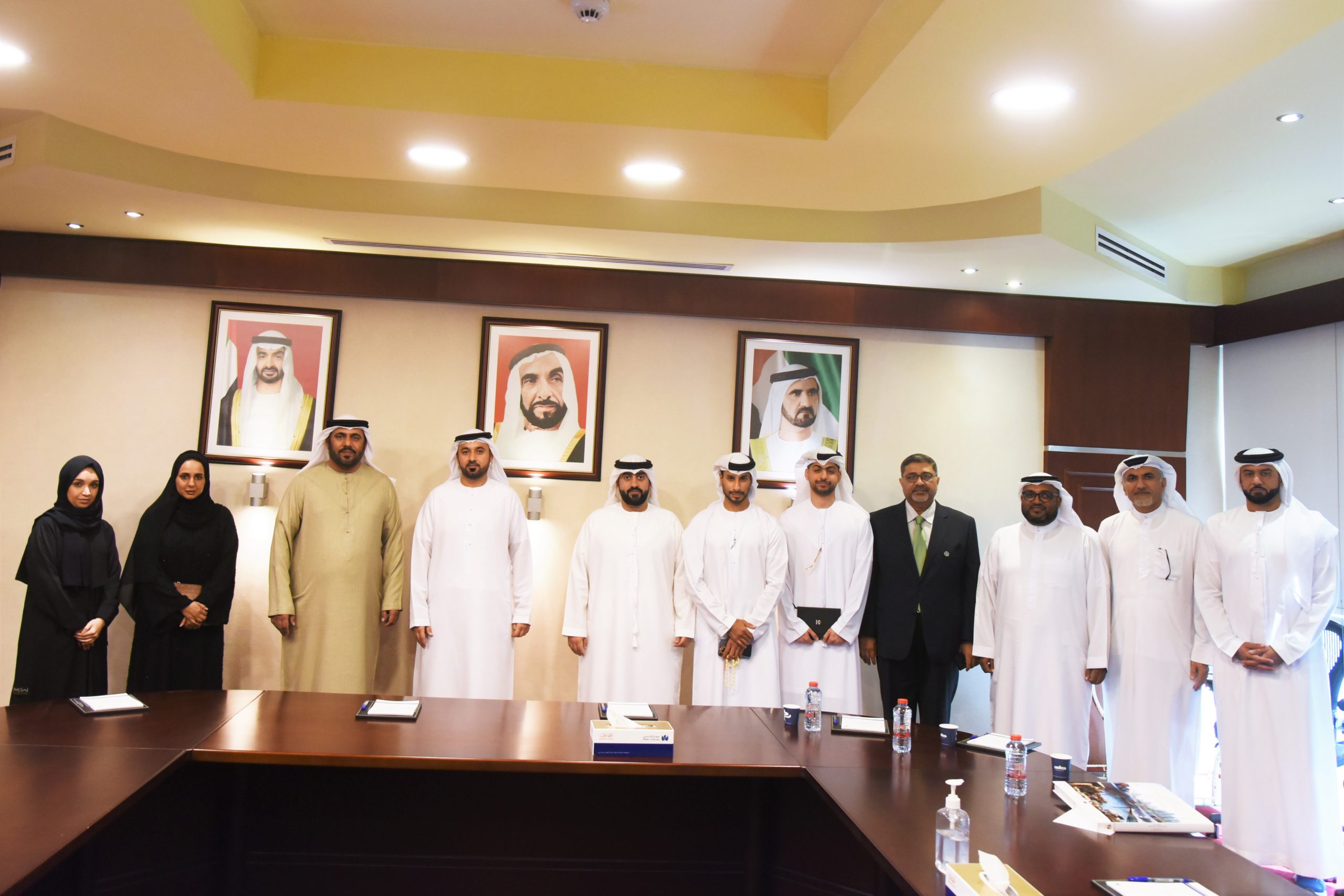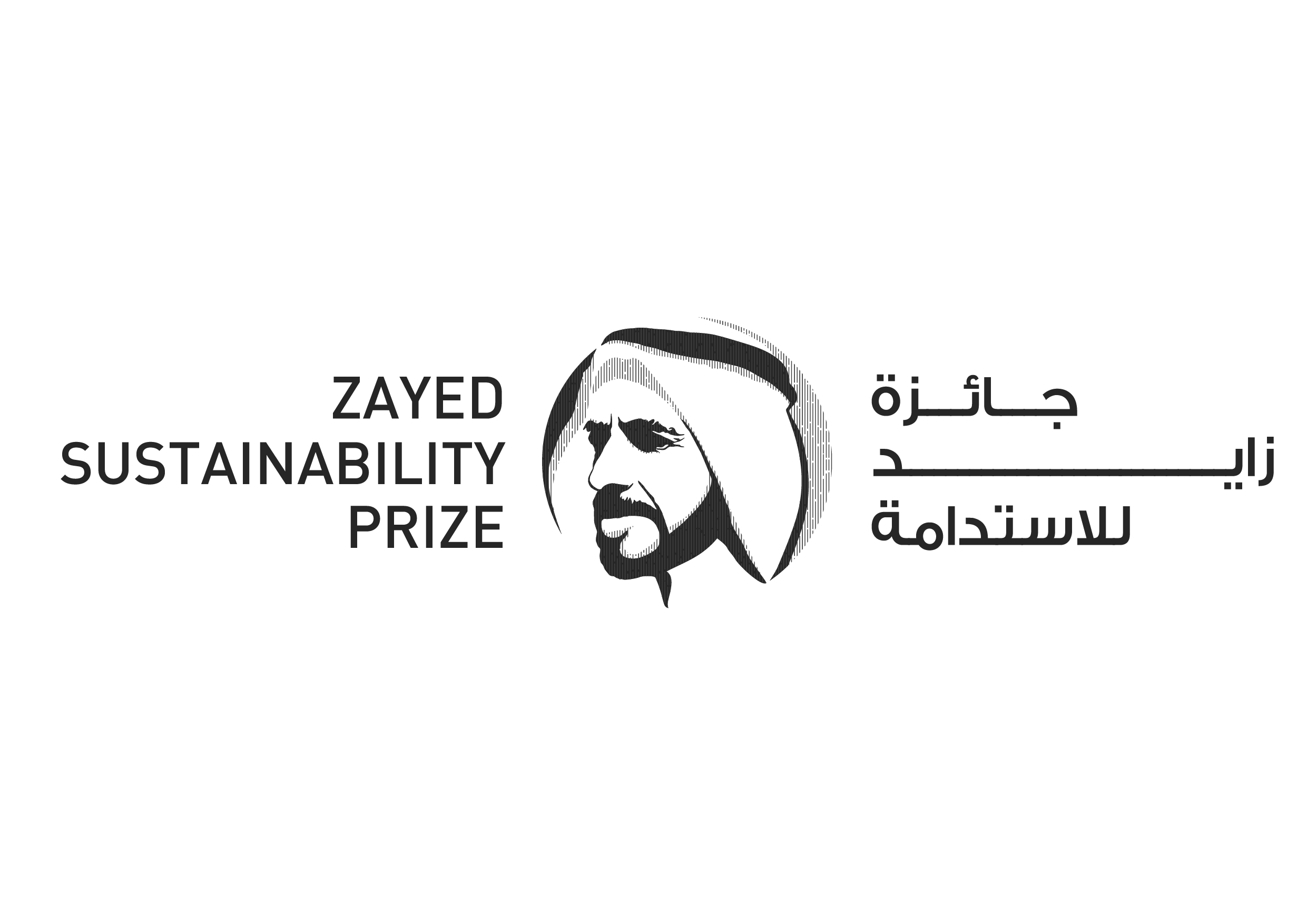ABU DHABI, 8th December, 2021 (WAM) — On a virtual event, the Environment Agency – Abu Dhabi (EAD) today released the findings of its fourth Green House Gas (GHG) emissions inventory, using 2018 GHG data and future forecasts until 2030. Two emission scenarios were used, including a Business-As-Usual scenario, as per the state of emissions and implemented mitigation measures in the year 2016 (BAU2016); and a "Mitigation Path" scenario, as per the state of actual emissions in 2018 and the partners’ announced plans and initiatives to mitigate emissions.
The findings were released as part of a comprehensive report containing an executive summary of achievements and key results of the fourth cycle of the GHG emissions inventory and emission projections. These were compiled in close cooperation with the relevant local authorities using the best available data, standard methods, and best practices in compliance with the Intergovernmental Panel on Climate Change (IPCC) Guidelines.
Findings showed that anthropogenic GHG emissions in Abu Dhabi have been driven largely by economic and population growth and the increasing demand for water and energy. The emirate’s GHG baseline (2010) and update inventories for 2012, 2014, 2016 and 2018 have shown that total direct GHG emissions increased by 21.5%, from 99,101 Gg CO2-eq in the year 2010 to 120,405 Gg CO2-eq in 2018.
The trend of emissions (2.8 % average annual growth) was in line with the trend of the emirate’s population (4 %) and GDP (4 %, constant 2007 prices). GHG emissions have shown good correlations with both the population and the GDP.
Compared with the emissions level in 2016, the 2018 emissions decreased by11%, mainly due to the lower fuel quantities used in operation of the transport, oil and gas activities, and due to the improved emission factors in aluminum production processes. Across the different activities in energy, industrial processes, agriculture, land-use change and forestry (LUCF) and waste, the energy sector was the dominant contributor (75.9%) of the emirate’s GHG emissions in 2018.
The key category analysis of GHG emissions in the emirate showed that the CO2 emissions attributed to energy industries (oil, gas, and power, combined with water desalination), manufacturing, road transport and metal industrial processes require particular attention in mitigation plans.
In 2018, between 4,236 to 5,240 Gg of CO2 emissions (≤5.5 % of the emirate’s total CO2 emissions) were sequestered by the extensive natural system of forests, perennial croplands, and mangrove plantations throughout the emirate.
According to the Intergovernmental Panel on Climate Change (IPCC) supplement for wetlands, the added value of Abu Dhabi’s wetlands (mangroves and seagrass meadows) is in holding of around 61,324 Gg of CO2, where carbon is stored in the soil and biomass of the plants. This maximum potential of emissions may be released if the wetlands are extracted or drained.
As for the indirect GHG emissions, the IPCC estimation method showed that the main source of NOx and CO was fuel combustion activities, while the main source of NMVOCs was mineral products (asphalt), and the main source of SOx was oil and gas activities.
For black carbon (BC) emissions as potent climate-warming, the estimates showed 6,045 tons were released in 2018 in Abu Dhabi. Diesel fuel combustion was the dominant source of BC emissions. About 1% of BC emissions came from non-fuel combustion activities.
Considering the amount of emitted GHG gases in the emirate and their global warming potential, , CO2 was the major gas mainly emitted from fuel combustion, constituting 89.8 % of the total GHG emissions. Other GHG gases such as methane (CH4), nitrous oxide (N2O) and the F-gases (PFCs, HFCs, SF6) contributed less: 7.9%, 1.4 %, and 0.9% respectively.
Mariam bint Mohammed Hareb Almheiri, Minister of Climate Change and Environment, said in her opening speech: "Thanks to the vision and directives of our wise leadership, and particularly in the past two decades, the UAE has made an important stride in addressing the climate change issue at the local and global levels, and has made important achievements. For example, the country has decided to adopt clean energy, including solar, nuclear, wave power, hydrogen and waste-to-energy, to maintain our position as a major player in both the global energy sector and climate action.
She added "I would also like to refer to the set of policies and strategies that we have adopted to mitigate climate change and adapt to its effects. These include the UAE Energy Strategy, the National Climate Change Plan of the UAE, the General Environmental Policy, the National Policy for Circular Economy, the Climate Adaptation Program, emissions management, and sustainable financing, among others. As a culmination of all these efforts, we have recently launched the UAE Net Zero by 2050 strategic initiative, through which we will work to establish high values and standards in climate action locally and globally to raise the level of ambitions. There is no doubt that the fourth greenhouse gas emissions report in the Emirate of Abu Dhabi constitutes an important contribution to our endeavors to achieve our climate goals in general, and the goals of the carbon neutrality initiative in particular".
Almheiri said "In conclusion, I take this opportunity to emphasize that the UAE’s commitment to actively participate in global efforts to address the climate change issue is solid and genuine, and we will endeavor during our hosting of the Conference of the Parties "COP28", in 2023, to strengthen this commitment and push international efforts to take serious and bold steps towards a better future for mankind".
Patricia Espinosa, Executive Secretary of The United Nations Framework Convention on Climate Change (UNFCC), commended the efforts of EAD for the greenhouse gas inventories of the Abu Dhabi which will help further strengthen the base of knowledge needed to address climate change in the context of Abu Dhabi’s diverse and rapidly growing economy, and help the emirate fulfil its commitments to the UNFCCC.
Dr. Shaikha Salem Al Dhaheri, Secretary General of EAD, said: "Climate change is already being felt globally. Effects include higher air and water temperatures; lower precipitation levels; and a rise in sea level, seawater acidity and salinity. Acidity levels in the Arabian Gulf are increasing at a faster rate than most other oceanic waters around the world. Abu Dhabi’s marine biodiversity is impacted by a variety of stressors, including coastal development, over-exploitation, habitat fragmentation and pollution."
She pointed out: "Air quality and climate change in Abu Dhabi have been the focus of EAD and other stakeholders for decades. In line with its strategic priority to secure the resilience of Abu Dhabi through mitigation and adaptation to climate change, and protection of air and marine water, EAD was pro-active in commencing biennial GHG inventories, as part of its comprehensive plan for monitoring atmospheric emissions in the emirate. Abu Dhabi’s diverse and rapidly growing economy calls for conducting a comprehensive GHG inventory to ensure a proper basis upon which to form policy and make decisions."
"There is no doubt that the cooperation of all our partners, in public and private sectors, is one of the most important factors for the success of the Agency’s initiative to compile greenhouse gas emissions in the Emirate. Partnerships with more than twenty stakeholders, and the involvement of all stakeholders from the public and private sectors in the process of greenhouse gas inventories has led to successful, accurate and timely inventories. We are keen to promote consultation, interaction and teamwork. We are proud to be part of the process of improving and building a comprehensive understanding and knowledge transfer of greenhouse gases." Al Dhaheri added.
She added that existing plans and partner initiatives ensure that Abu Dhabi will achieve significant GHG reductions in the mid-term. The Emirate has undertaken several measures to reduce emissions, including clean energy, production efficiency improvement, demand management, low-carbon transportation and other awareness and knowledge programmes. However, the potential for change should not be underestimated and adaptation to the impacts of climate change should be emphasized in the future development plans.
"Abu Dhabi’s first GHG inventory was established for the baseline year 2010. The later cycles of GHG inventories included significant data of the emissions inventories up to 2018 and established emission projections for 2030." said Faisal Al Hammadi, EAD’s Acting Executive Director of the Environmental Quality Sector.
"Those inventories were instrumental in laying a foundation of knowledge regarding the baseline emissions and projections in the emirate, in all sectors and in strengthening the capacity of local entities for efficiently tracking and reporting their sectors’ emissions. The emirate level GHG inventories enable development of emirate-level climate policies and support the federal government in fulfilling its commitments to the UNFCCC by enhancing the robustness of the UAE’s National GHG Inventory and National Communication Reports according to the highest international standards and requirements", he added.
The Environment Agency – Abu Dhabi will circulate the inventory results among partners, researchers and decision-makers and ensure that they are used in support of the National Climate Change Plan in the United Arab Emirates and local policies. The Agency will also continue cooperation and coordination with its partners in order to develop and implement effective environmental measures, and enhance priority areas for climate action, such as knowledge and community awareness, the regulatory framework for mitigation and adaptation, technical capacity and competitiveness at regional and international levels.
The comprehensive work performed in the fourth GHG inventory cycle demonstrates an improvement of understanding of the relationship between GHG emissions and anthropogenic activities over time and represents a step forward in the inventory compilation process. The extended scope and analysis of the inventory, as well as the increased interaction with the local stakeholders, contributed to the enhanced quality and reliability of the outcomes.
This inventory revealed success stories of Abu Dhabi in applying the latest international standards and best practices in the process of tracking greenhouse gases from all sources and sinks at the emirate level, and the building of a comprehensive and constantly updated database that is relied upon in policy-making and decision-making. Additionally, adopting the leading proactive approach in building knowledge, capacity strengthening and partnerships in the field of emissions measurement, reporting and verification.

 World3 years ago
World3 years ago
 World2 years ago
World2 years ago
 Entertainment7 years ago
Entertainment7 years ago
 World7 years ago
World7 years ago
 Entertainment7 years ago
Entertainment7 years ago




